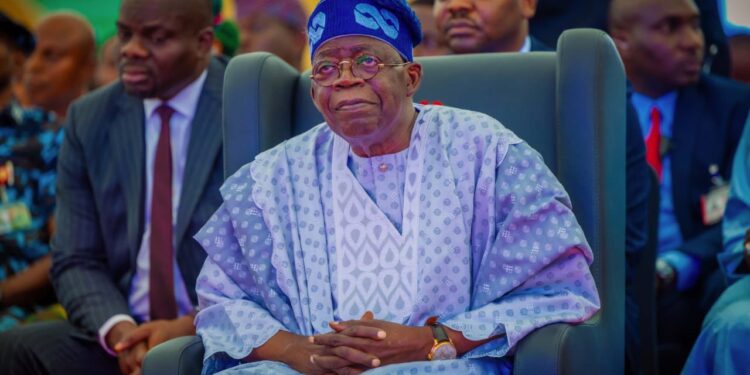Fuel prices, electricity tariffs, unstable food costs, and looming taxes are threatening the survival of SMEs in Abuja.
Small business owners in the Federal Capital Territory (FCT) have raised alarm over the escalating cost of doing business, warning that the current economic realities under President Bola Tinubu’s administration, widely dubbed Tinubunomics, are unsustainable for micro and small enterprises.
In interviews with the News Agency of Nigeria (NAN) on Sunday, traders, artisans, and entrepreneurs across Abuja decried multiple challenges, including high energy costs, inflation, poor infrastructure, and tax burdens that are squeezing their already thin profit margins.
This is despite data from the National Bureau of Statistics stating that the inflation rate printed 20.12% lower than the 21.88% reported a month earlier.
While the rate of inflation has been falling on a macro level, prices still remain astronomically high for a lot of Nigerians, including SMEs.
Daily operations are becoming unsustainable
Mrs. Grace Okon, a fashion designer in Wuse, lamented the high costs of electricity and fuel, which are eating into her earnings.
- “Sometimes I spend more on fuel than I do on sewing materials. When I adjust prices to reflect this, customers complain or stop coming altogether,” she said.
Similarly, Mrs. Esther Cletus, who runs a dry-cleaning service in Apo Resettlement, said most of her business income now goes into electricity bills.
- “It’s not easy doing business anymore—nothing is stable and the cost of everything keeps going up,” she stated.
Mr. Musa Abdul, who operates a mini-restaurant in Garki, noted that while the prices of some food staples have temporarily eased, volatility remains a major concern—compounded by tax policy uncertainty.
- “We’re just managing to survive, and now we have to deal with new taxes by 2026. Many of us may have to close shop,” he warned.
Infrastructure and Policy Failures
Poor infrastructure is another key concern. Traders like Mrs. Nembam Atule cited bad roads and inadequate market facilities as reasons for reduced customer access and inflated product prices.
- “Food may be cheap at the farms, but by the time it gets to the city, the cost has tripled—mostly due to bad roads and high transport,” she said.
Salon owner Mrs. Rashida Sule, based in Nyanya, fears the Federal Government’s proposed tax reforms would make things worse.
- “We’re already struggling with multiple local levies. More taxes will just kill our businesses,” she said.
Expert Opinions: A tipping point for SMEs?
According to financial analyst David Alabi, interviewed by NAN, these trends signal a potential crisis for Nigeria’s small business ecosystem.
- “Small businesses are the backbone of the Nigerian economy. Without government intervention—especially on energy and tax policy—we risk widespread closures, job losses, and worsening poverty,” he said.
Economist Mrs. Jessica Onwa echoed similar concerns. She warned that while tax reforms are necessary for fiscal sustainability, they should not come at the expense of productivity and economic inclusion.
- “The government must strike a balance—provide energy subsidies, ease business regulations, and offer incentives that help SMEs grow,” she added.
What this means
The Federal Government’s tax reform plan, scheduled to take effect in 2026, is already drawing concern for its potential to derail the survival of SMEs amid harsh economic headwinds.
- As “Tinubunomics” unfolds, characterised by subsidy removals, floating of the naira, and fiscal tightening, business owners say they are yet to see relief or structural support.
- Without urgent policy adjustments, stakeholders warn, more businesses in the FCT and across Nigeria could shut down, deepening unemployment and stalling the country’s post-COVID economic recovery.

















